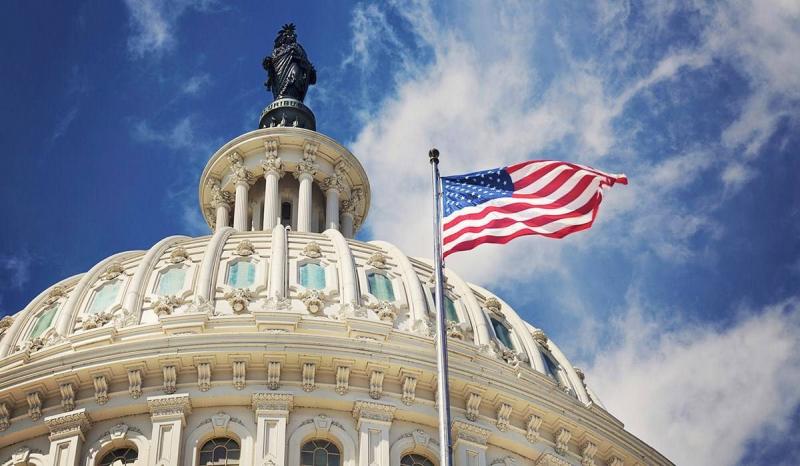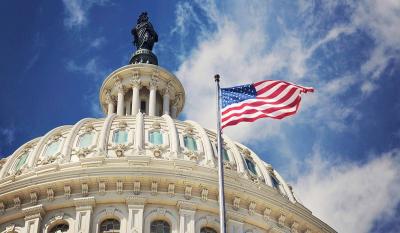Only a few hours separated two American decisions related to Lebanon. The first was the announcement by the U.S. Department of the Treasury that it had imposed sanctions on Lebanese citizen Hassan Maqlid and the currency exchange company he owns due to financial ties with "Hezbollah." It noted that Maqlid "plays a key role in enabling the party to continue exploiting and worsening the economic crisis in Lebanon, as his company facilitates financial activities to support the party." It highlighted that Maqlid "works as a financial advisor to 'Hezbollah,' executes commercial transactions on behalf of the party throughout the region, and coordinates closely with the party's sanctioned financial officer, Mohammad Qasir, representing 'Hezbollah' in negotiations with investors, potential partners, and even foreign government officials." The department classified Maqlid's currency exchange company "CTEX," as well as his sons Rayan and Rani, within the sanctions list.
The second decision was the announcement by the U.S. Embassy in Beirut and the United Nations Development Programme (UNDP) about launching a "Support Program for Elements of the Lebanese Army and Internal Security Forces," which will provide $72 million in the form of temporary financial support for army personnel and internal security forces. This financial assistance will amount to $100 per month for each eligible personnel for six months under U.S. law. In her statement, Chargé d'Affaires Lynch emphasized that "in light of the urgent deteriorating economic situation in Lebanon, we requested and received U.S. congressional approval to reallocate a significant portion of our security assistance to support the men and women working hard in the Lebanese Army and Internal Security Forces, who faithfully serve to protect their country, with financial aid that helps secure the livelihoods of them and their families." She stated, "This temporary support—marking the first time the United States has provided this type of financial assistance to military and security forces in Lebanon—will aid the heroic soldiers and service members. Meanwhile, we urge political leaders to elect a president, form a government, and implement immediate economic reforms."
Although there is no direct connection between the two decisions, according to political sources opposed to "Al Markaziah," they indicate Washington's priorities in Lebanon and its orientations in the upcoming phase. The United States still views the party as an adversary and refuses to engage with it except through sanctions, and it will consequently refuse to collaborate with any authority managed by it or a "friendly" authority. While the sanctions on Maqlid reflect some change in the American administration's view of the Banque du Liban and its Governor, its financial assistance to security and military institutions confirms that security and stability are top American priorities. Washington insists on making all possible efforts to maintain this stability, especially given the deteriorating living conditions, and this support underscores that the United States is keen on investing in successful legitimate institutions, most notably the Lebanese Army, as it sees it as a reliable partner in the fight against terrorism and the only party that should wield weapons and control Lebanon's borders and security. However, does this announcement have any political implications related to the presidential elections? Does it indirectly signal American support for Army Commander General Joseph Aoun? These are matters worth exploring, the sources conclude.




